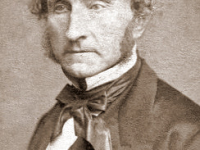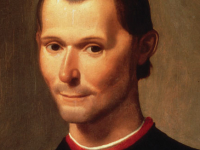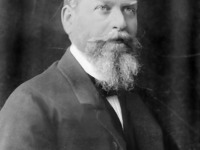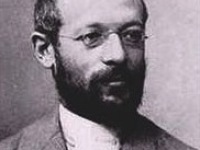Oswald Spengler and the Decline of the West
On May 29, 1880, German historian and philosopher Oswald Arnold Gottfried Spengler was born. He is best known for his book The Decline of the West (Der Untergang des Abendlandes), published in 1918 and 1922, covering all of world history. He proposed a new theory, according to which the lifespan of civilizations is limited and ultimately they decay. “What the myth of Götterdämmerung signified of old, the irreligious form of it, the theory of…
Read more











